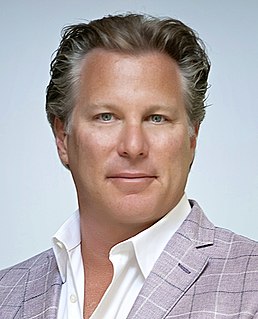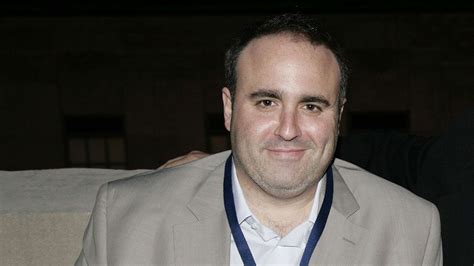A Quote by Paul Weyrich
Advertisers are very wary of ideological media.
Quote Topics
Related Quotes
...the mass media. What are they? They're huge corporations, massive corporations, linked up with even bigger corporations. They sell audiences to other businesses, namely advertisers. So when you turn on the television set, CBS doesn't make any money. They make money from the advertisers. You're the product that they're selling, and the same is true of the daily newspaper. They're huge corporations, selling audiences, potential consumers, to other businesses, all linked up closely to the government, especially the big media. What picture of the world do you expect them to present?
Critical journalism has gone out of fashion, or rather, it has been bought out. And so, we have much less of it than we did during the Vietnam era, where there was very critical reporting on the Vietnam War and a lot of disagreement among the media. Now you find that the media are much more homogenous, converging because they all must cater to the same community of advertisers. It's sad to see.
I have learned one thing, because I get treated very unfairly, that's what I call it, the fake media. And the fake media is not all of the media. You know some tried to say that the fake media was all the media, no. Sometimes they're fake, but the fake media is only some of the media. It bears no relationship to the truth.
The one-two punch of New York media calling up every agency and corporate advertiser, keeping lists of advertisers who stayed on - " i.e., with Bill O'Reilly " - and those who fled, worked. As the publisher of a center-right magazine, this is disturbing. It sets a very bad precedent about the power of advertiser pressure and sends a message as an organization that you can essentially be blackmailed into getting rid of - " no kidding!




































